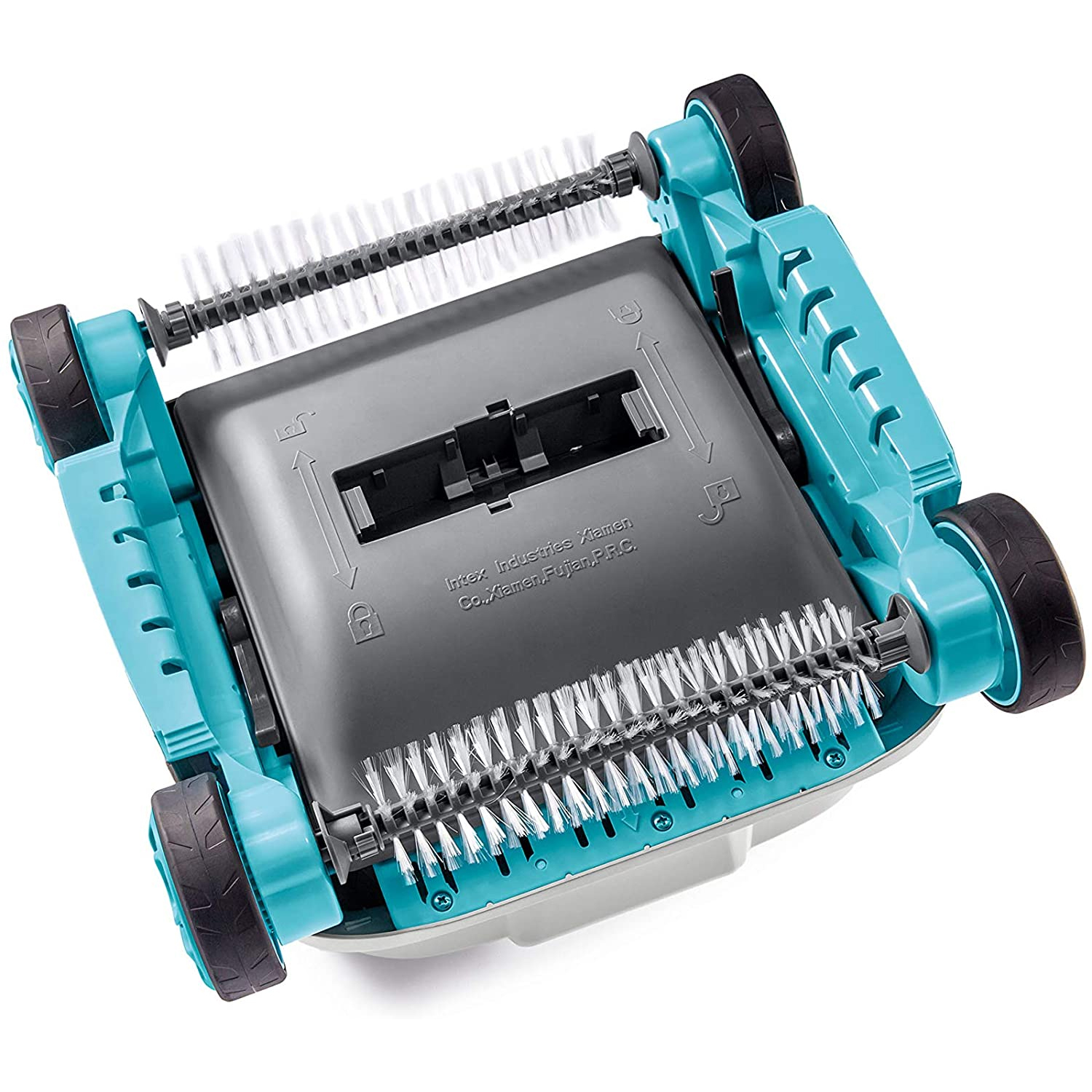

Paper bag and cyclone-type vacuum cleaners have different suction powers, with paper bag-type vacuum cleaners generally having a higher suction power. The "Watts (W)" of a vacuum cleaner, which is also known as suction power, varies depending on the type of vacuum cleaner. What are the differences in suction power among various types of vacuum cleaners?.However, it's crucial to keep in mind that suction power is distinct from electrical power, despite the shared unit of measurement. Therefore, when checking the specifications related to a vacuum cleaner's performance, it is essential to distinguish between the suction power and power consumption. The suction power is measured in watts, which is the same unit used for electrical power. The "suction power" is generally the numerical value obtained by multiplying vacuum level and airflow. It's worth mentioning that the suction power calculation formula may differ depending on the vacuum cleaner manufacturer and its design. A vacuum cleaner that balances Pa and airflow is considered to have a high suction and better performance. Even if the Pa value is high, a vacuum cleaner with zero airflow will not be able to suck up the lifted debris. In addition to Pa, the amount of air that the vacuum cleaner can suck in ( airflow) also affects its suction power. However, a higher Pa value does not necessarily indicate superior performance. The higher the value of Pa, the greater the force lifting the debris off the floor. The typical range of Pa for a regular robot vacuum cleaner is around 2500 to 3000 Pa. Pa refers to the "vacuum level", which is the force required to lift objects. The unit used to indicate the suction of a vacuum cleaner is called "Pa" or pascal. What does the unit "Pascal" mean when referring to the suction of a vacuum cleaner? So, how can you check the suction of a vacuum cleaner?

If you are considering purchasing a vacuum cleaner, we recommend selecting a product that ensures sufficient suction and fits your budget and other requirements. Therefore, it is essential to check whether the vacuum cleaner has strong suction. Nevertheless, the ability to effectively remove dirt and debris from the floor should be a basic prerequisite. Of course, factors such as price and operating time are also important, in addition to suction. However, if the suction is not properly checked, some people may find that dirt and dust are left behind even after vacuuming, which can be unsatisfying. If you want to choose the right vacuum cleaner, it's crucial to take into account its suction, which directly impacts its capacity to efficiently get rid of dirt and debris. The purpose of purchasing a vacuum cleaner is to clean the floors thoroughly. Points to consider when choosing a vacuum cleaner This focus on suction is also true for robot vacuum cleaners, as it is an important aspect that manufacturers pay attention to. Regardless of whether they are corded or cordless, manufacturers are striving to equip their models with powerful suction capabilities. Recently, vacuum cleaners have seen a significant increase in suction. Robot vacuum cleaners also place emphasis on suction Don't miss out on our guide if you're considering purchasing a robot vacuum cleaner! We'll even recommend some models with exceptional suction. To help you make an informed decision, we've put together a guide on the basics of robot vacuum cleaner suction and offer tips on selecting the right model. However, comparing different models can be confusing, especially when it comes to understanding data such as suction power.

If you are in the market for a robot vacuum cleaner, it is essential to choose one that effectively sucks up dirt and debris.


 0 kommentar(er)
0 kommentar(er)
